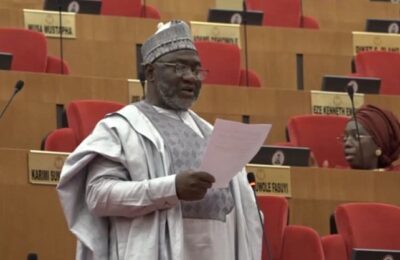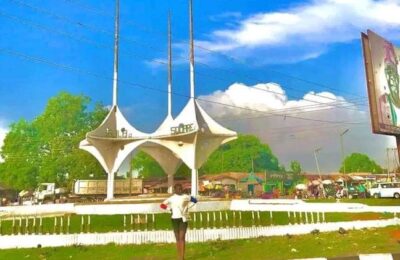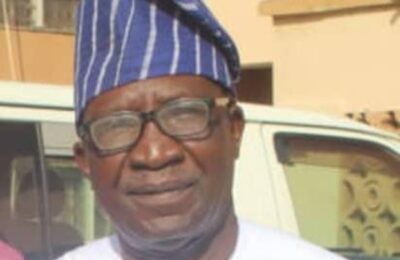Some Fadama farmers in Kogi State said that the Fadama III project had transformed the economic fortunes of their communities.
The farmers said this in an interview with newsmen while assessing impact of the project on their livelihoods in 2013.
Rating the project high, the farmers recommended more such projects to build the rural economy and rural-urban migration.
The farmers described the project as truly developmental.
They urged the coordinators not to relent in their efforts to enhance the standard of living in rural areas.
Mr. Aminu Francis, Chairman, Fadama III Southern Bunu Sector of Oduapa, Kogi, said that projects executed in the area had improved the standard of living of the people.
“I am happy to inform you that as far as the Fadama III farming project is concerned, it has been very successful; it is a successful agency of the world body.
“On the Fadama cassava site, about 45 hectares of land was cultivated within a period of three months; it is not only cassava, they have also executed fish ponds and poultry.
“We have about five Fadama user groups and they have all embarked on fish production and the fish pond has been very successful.
“Poultry projects are scattered around too, we have about eight Fadama user groups farming broilers and layers and are supplying the public meat and eggs.”
He thanked the World Bank and the Federal Government for initiating the programme and urged the coordinators to do more, to ensure that rural dwellers were freed from poverty.
In a separate interview, Mr. Joseph Ayedoma, the President, Fadama III Farmers Association, Ogolupo, another community in the state, said that the project had put smiles on the faces of rural dwellers.
He said the community had become a centre of economic activities as neighbouring communities come to buy eggs and fish.
“Fadama has been very successful in our area and it has put back smiles on our faces.
“They gave over-head tanks to supply water to poultry farms and fish ponds; they helped us to establish our businesses; these have never happened before now.
“We usually go to Lokoja or Kabba to buy fresh fish but now, we have it right here with us and neighbouring communities are coming to buy too.
“We also have cassava and corn projects that have flourished and we know more are still coming; we have benefitted from Fadama and we can say it is very successful,’’ he said.
He called for the extension of the project and appealed to the coordinators for more financial assistance to sustain the projects.
In his comments, Mr. Christopher Joseph, Chairman, Asejere Fadama Community Association, described the project as a huge success and expressed high hopes for more benefits while the programme lasts.
Joseph, however, appealed for more finance saying: “if there is money, whatever you need on the farm, the machinery agro-chemicals can be provided.’’




